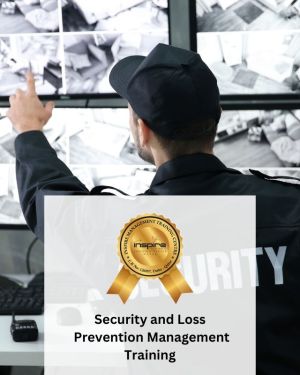Objectives
At the completion of this course, students should be able to:
1. Describe the criteria used to evaluate hospitality technology applications.
2. Identify common technology systems used in hospitality operations.
3. Identify and describe features of the three major components necessary for a complete
computer system—input/output devices, a central processing unit, and external storage
devices.
4. Describe the various ways in which hospitality businesses use technology to gain and
process reservations.
5. Identify and describe the elements of a rooms management module.
6. Identify and describe the elements of a guest accounting module.
7. Identify and explain the function of common PMS interfaces, which include point-of-sale
systems, call accounting systems, energy management systems, electronic locking systems,
and guest-operated devices.
8. Describe common hardware configurations of POS systems used by food service operations.
9. Identify PCI DSS objectives and requirements.
10. Explain the functions and use of food and beverage management applications, including
those concerning recipe and menu management, sales analysis, and pre/post costing.
11. Identify the elements of an automated sales office.
12. Describe and apply revenue management principles.
13. Explain the use of catering software.
14. Identify and describe the numerous accounting applications that are available to hospitality
businesses.
15. Outline the components of information management, with special attention to data
processing and database management.
16. Select and implement technology systems in hospitality settings.
17. Identify the various threats to technology systems and the security precautions that should
be taken to keep those systems safe.
18. Describe the elements of technology system maintenance.








